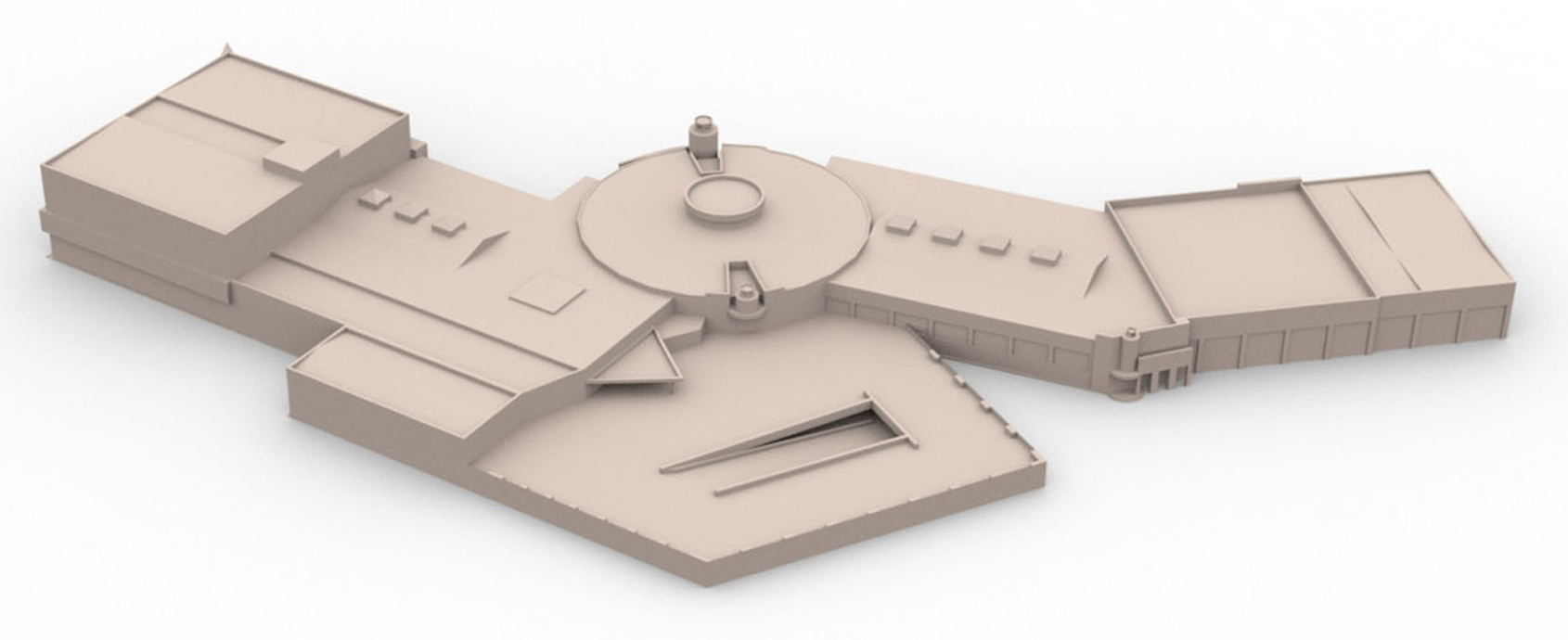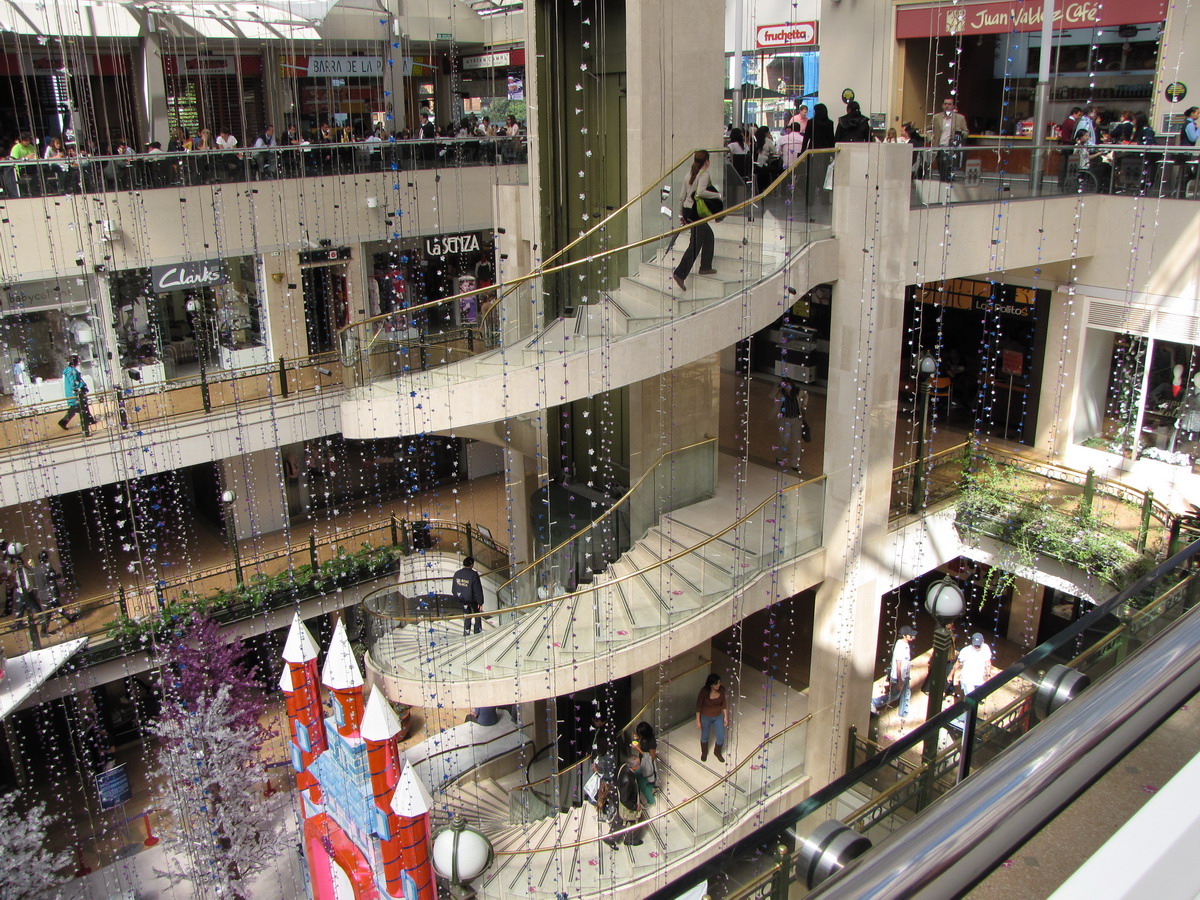Difference between revisions of "Shopping centre"
| Line 12: | Line 12: | ||
=== Economic === |
=== Economic === |
||
[[File:shopping mall.jpg|thumb|right|300px|example of a shopping centre]]Shopping centres generate economic impact during the construction phase and due to their ongoing operations, which extends beyond the retail sector. First of all, retail and services require inputs from various other sectors such as real estate, finance, marketing, transportation, wholesale trade for its operations (the [[Secondary economic impact|secondary economic impact]]). Additionally, employees and owners will generate economic spin off as consumers of goods and services(the induced economic impact). |
[[File:shopping mall.jpg|thumb|right|300px|example of a shopping centre]]Shopping centres generate economic impact during the construction phase and due to their ongoing operations, which extends beyond the retail sector. First of all, retail and services require inputs from various other sectors such as real estate, finance, marketing, transportation, wholesale trade for its operations (the [[Secondary economic impact|secondary economic impact]]). Additionally, employees and owners will generate economic spin off as consumers of goods and services(the [[Induced effects|induced economic impact]]). |
||
=== Mobility === |
=== Mobility === |
||
Latest revision as of 14:18, 23 October 2013
Shopping centres are ...
Contents
Description
Functions
Social
Economic
Shopping centres generate economic impact during the construction phase and due to their ongoing operations, which extends beyond the retail sector. First of all, retail and services require inputs from various other sectors such as real estate, finance, marketing, transportation, wholesale trade for its operations (the secondary economic impact). Additionally, employees and owners will generate economic spin off as consumers of goods and services(the induced economic impact).
Mobility
Safety
Security Issues
Economic dimension of security issues for retail areas/objects
Retailers have to deal with a wide array of issues and problems in terms of security threats such as shoplifting, theft and fraud by employees, burglary, (armed) robbery, graffiti and vandalism. Shoplifting is widely considered to be one of the most serious of these threats. Moreover, retailers spent billions on loss prevention and these costs are steadily increasing worldwide.
Measures
Economic dimension of security measures for retail areas/objects
Preventive measures such as surveillance, physical security, etc. reduce the costs of retail crime, but demand significant investments. Designing out crime in retail areas can have beneficial effects.
Footnotes and references

